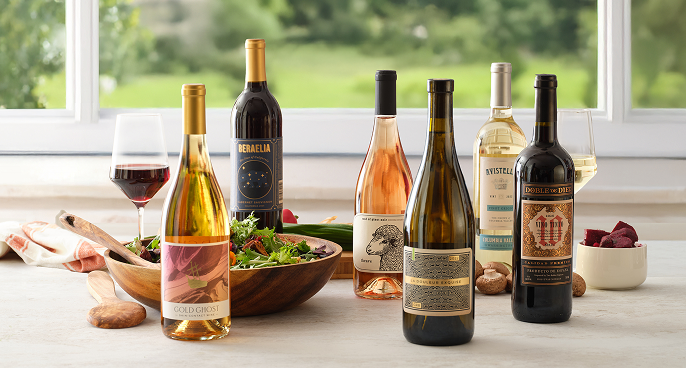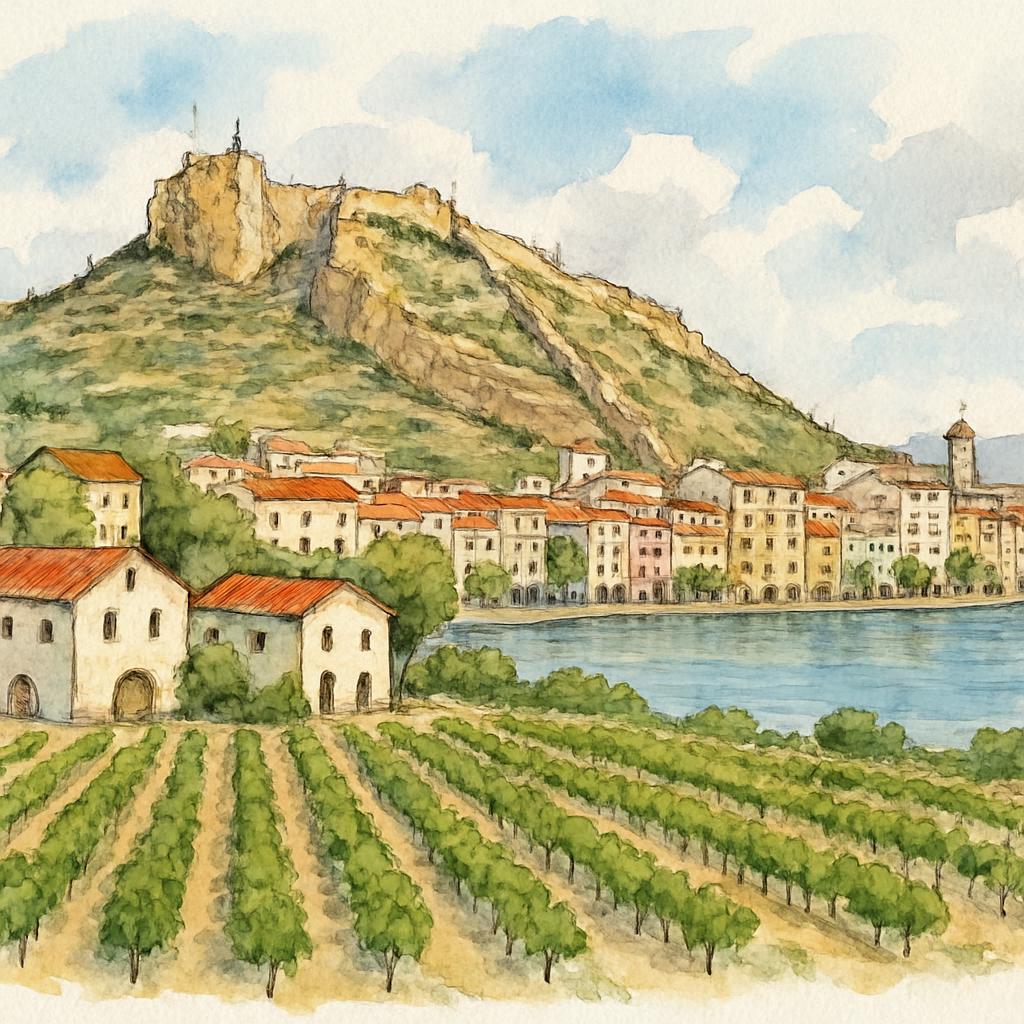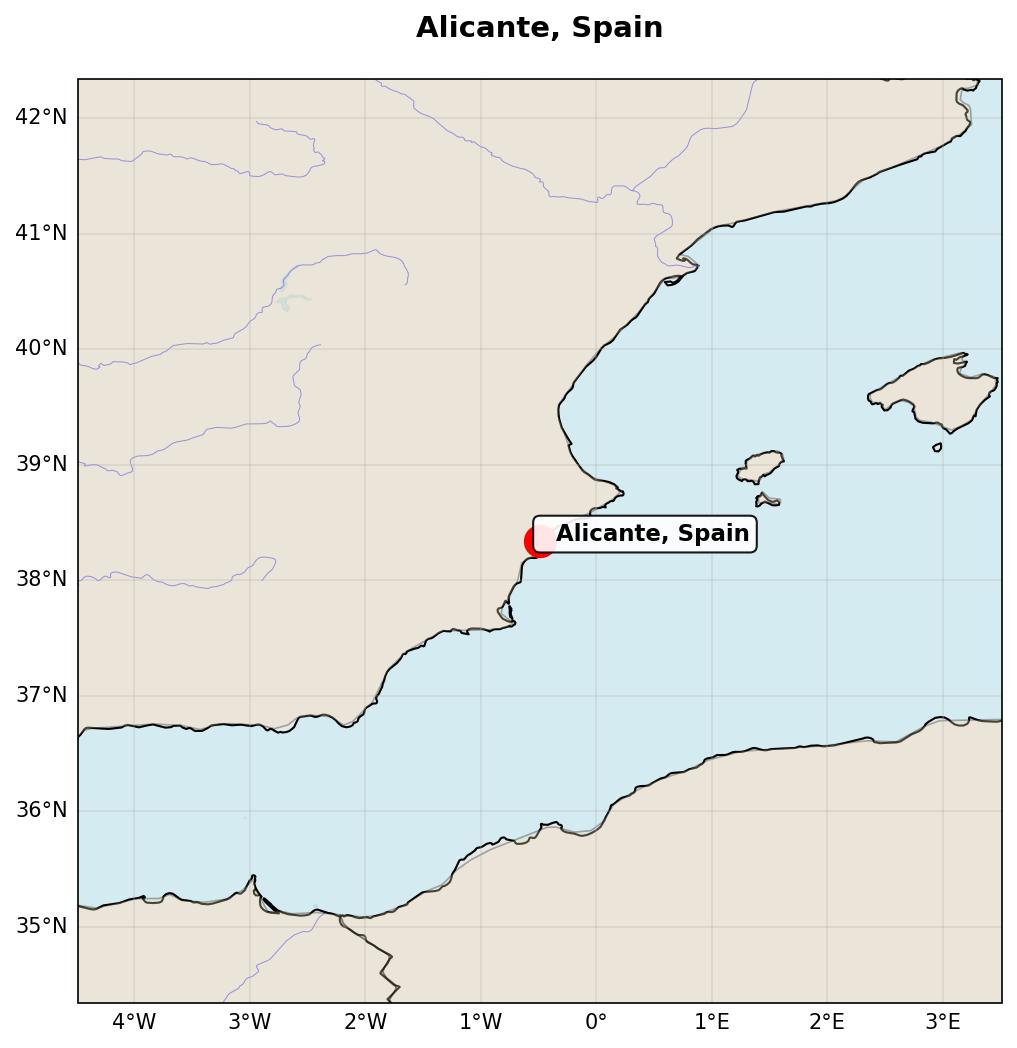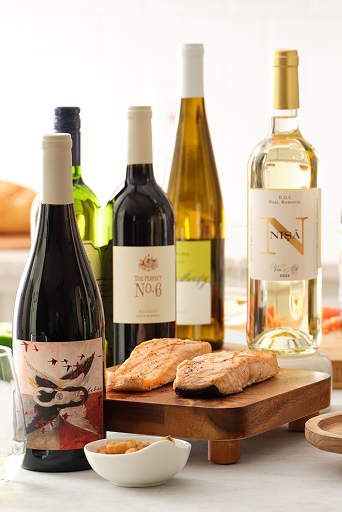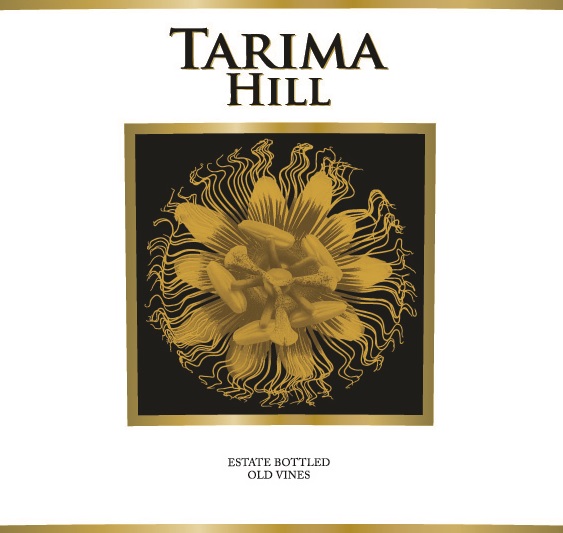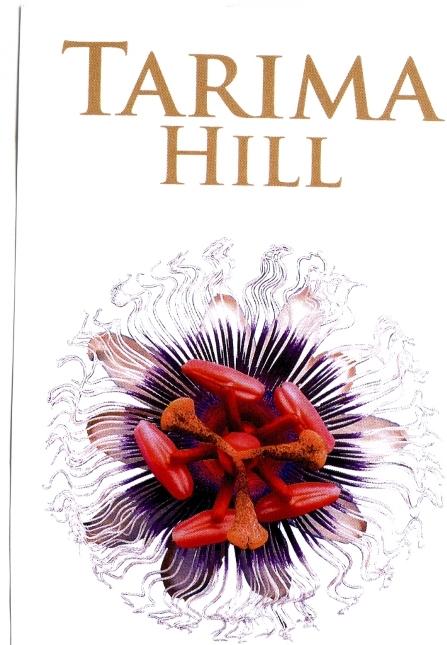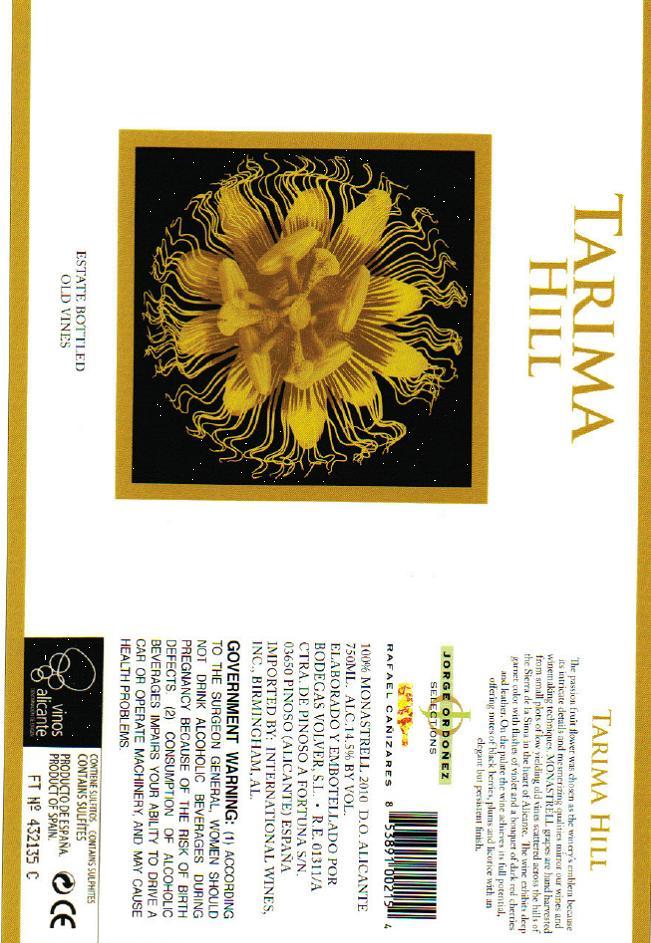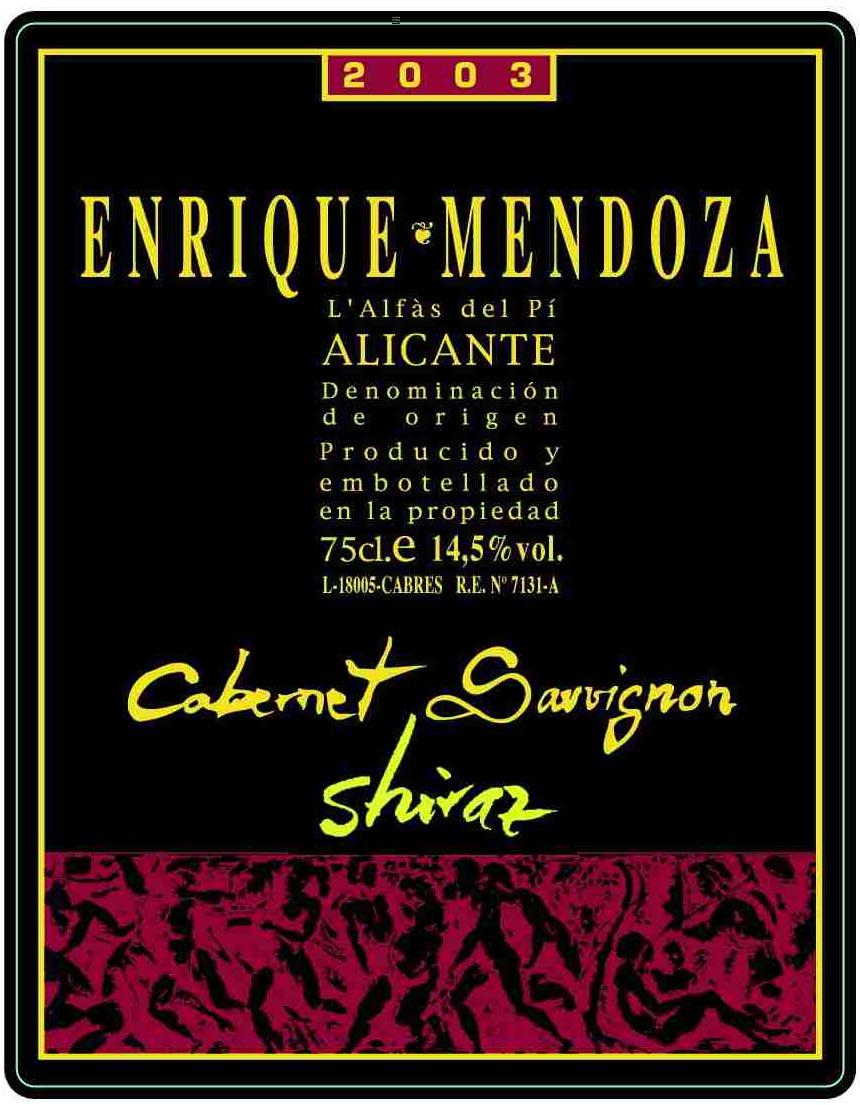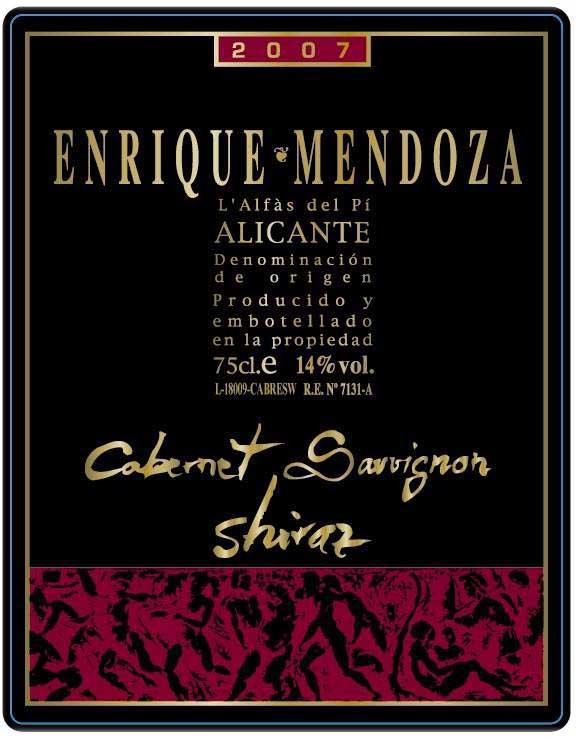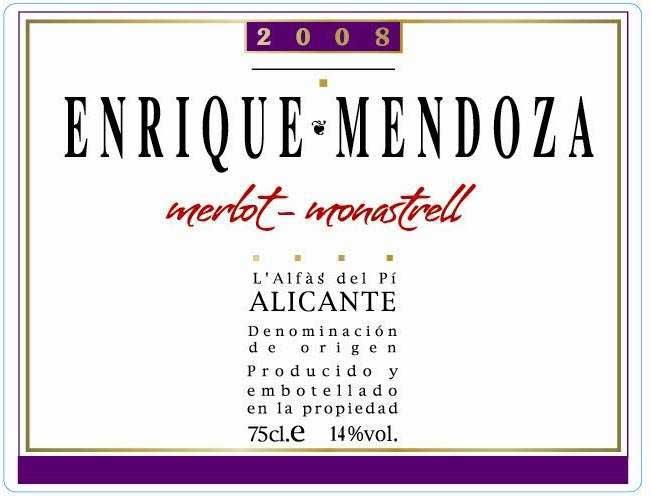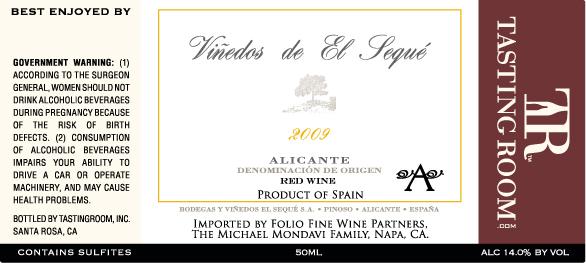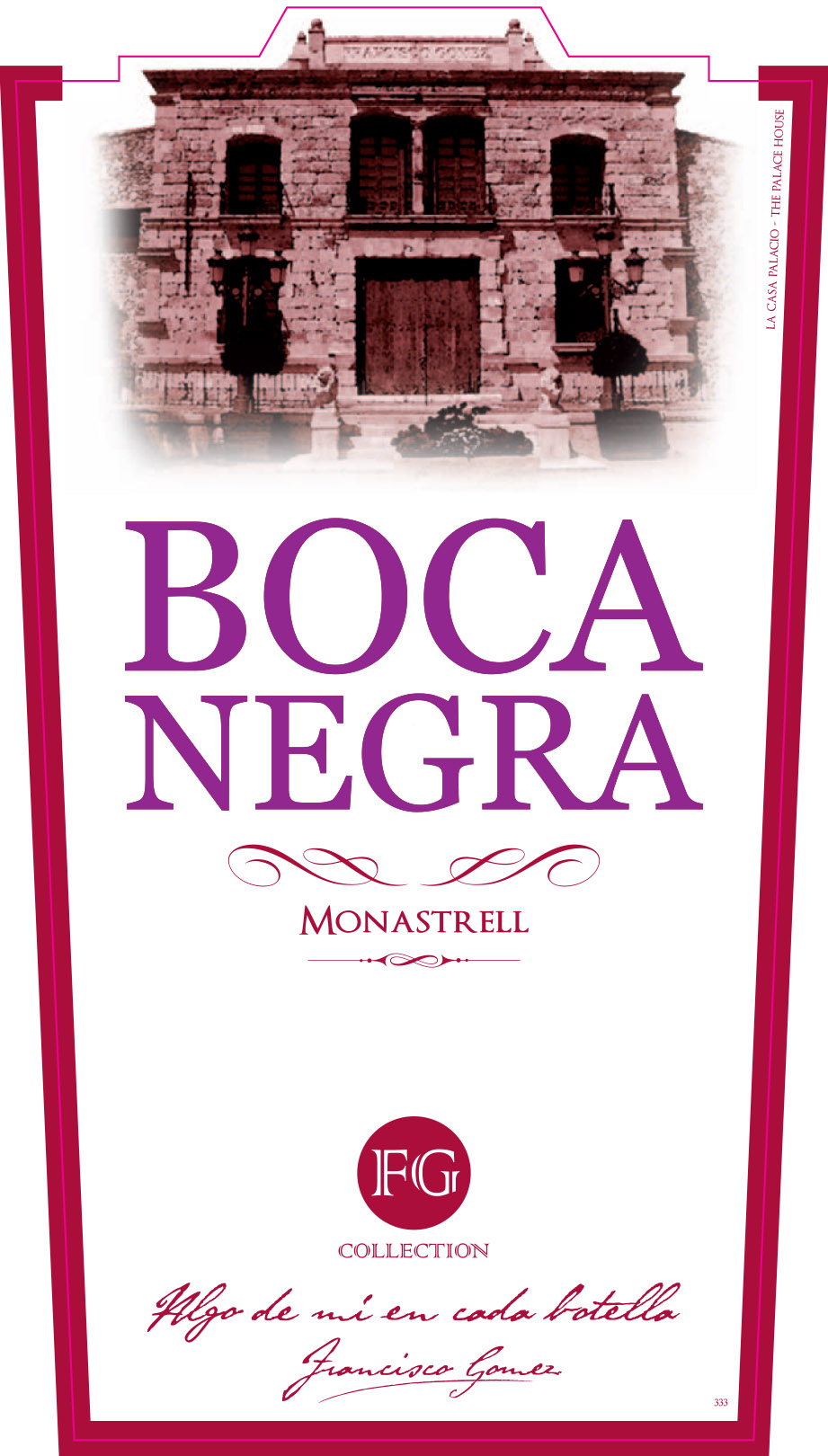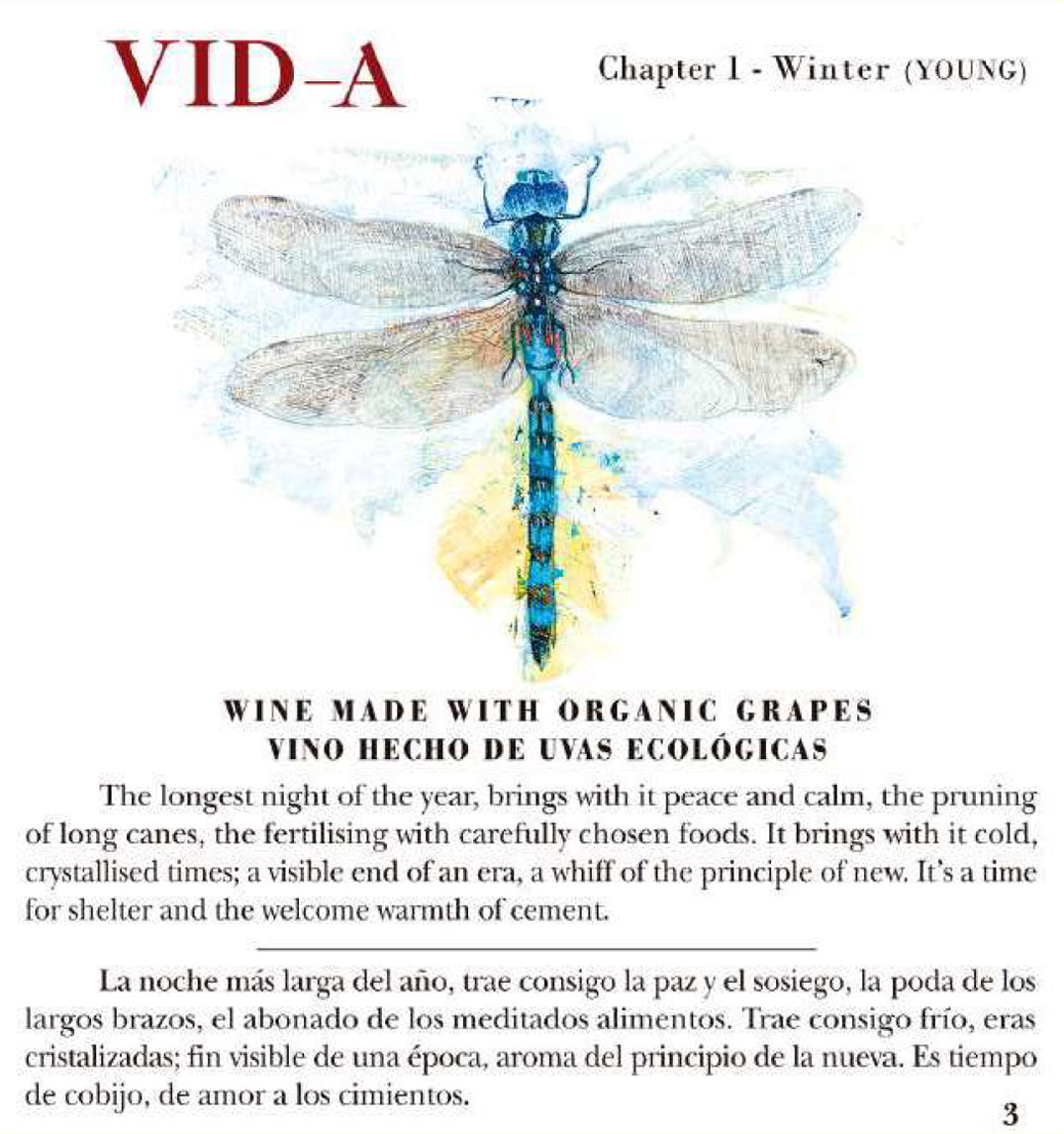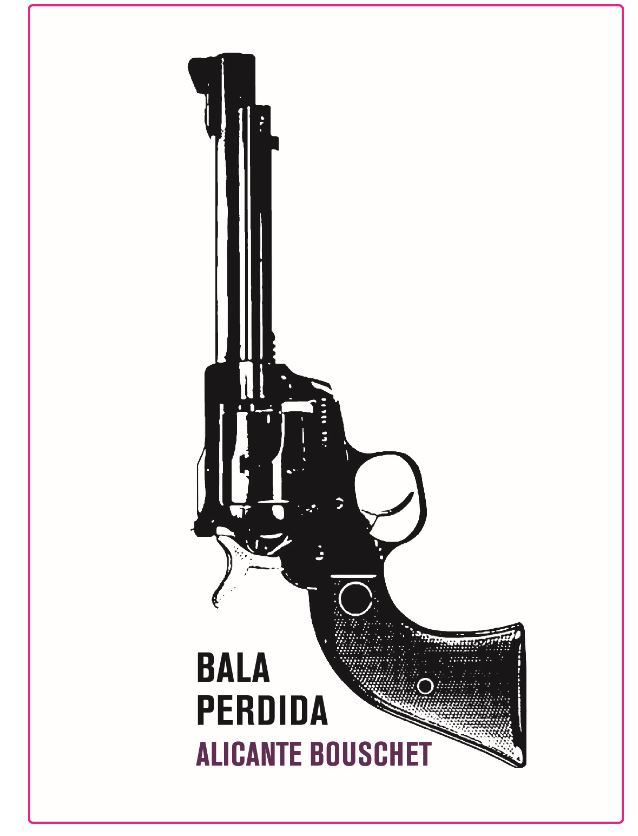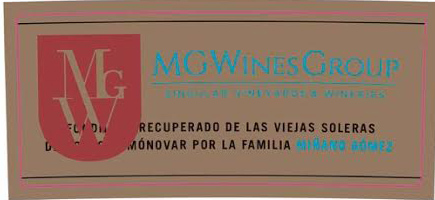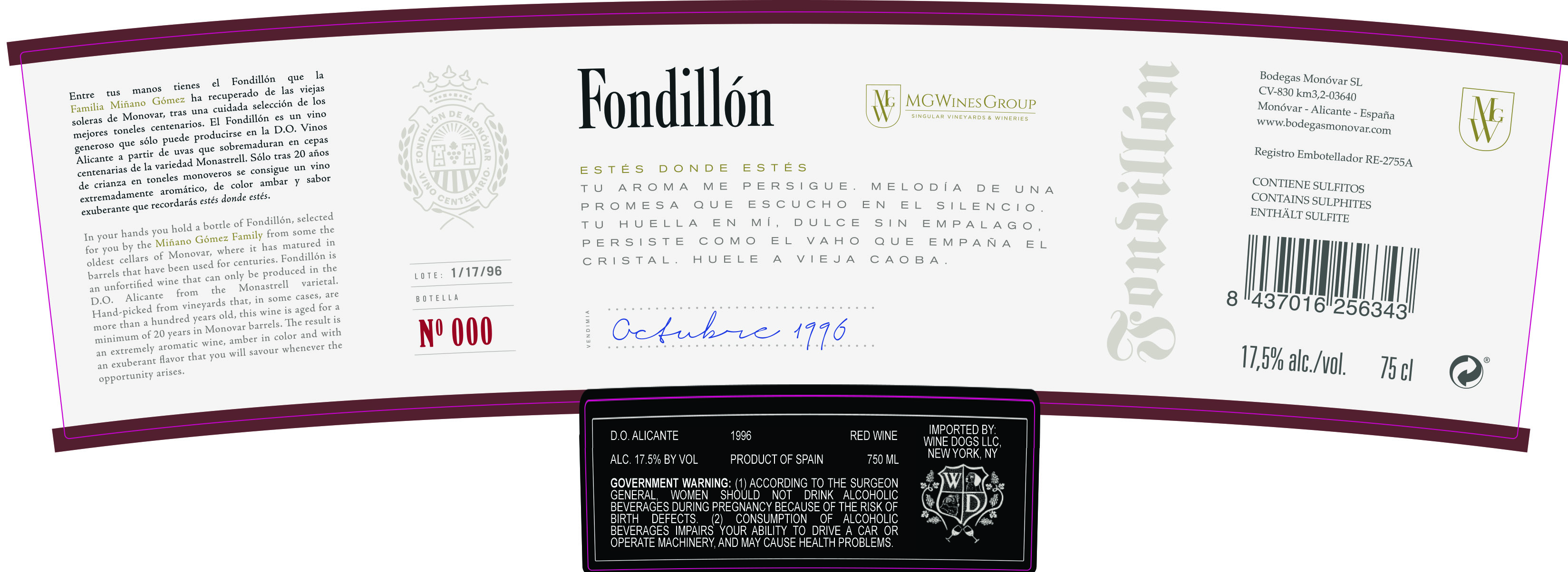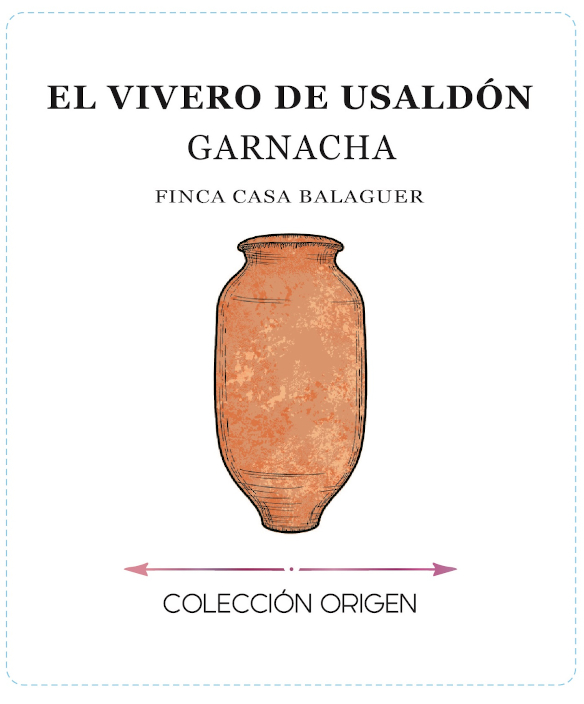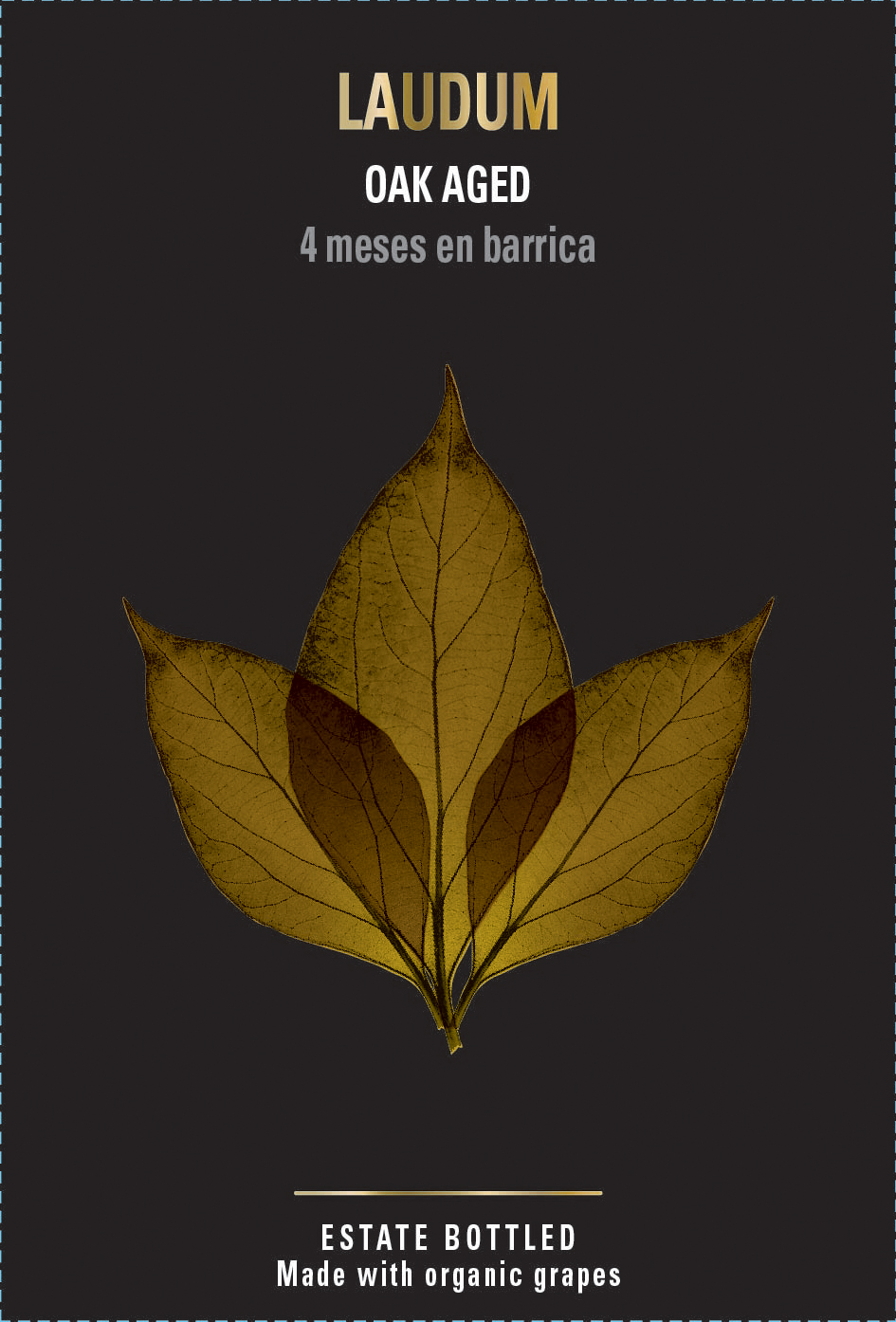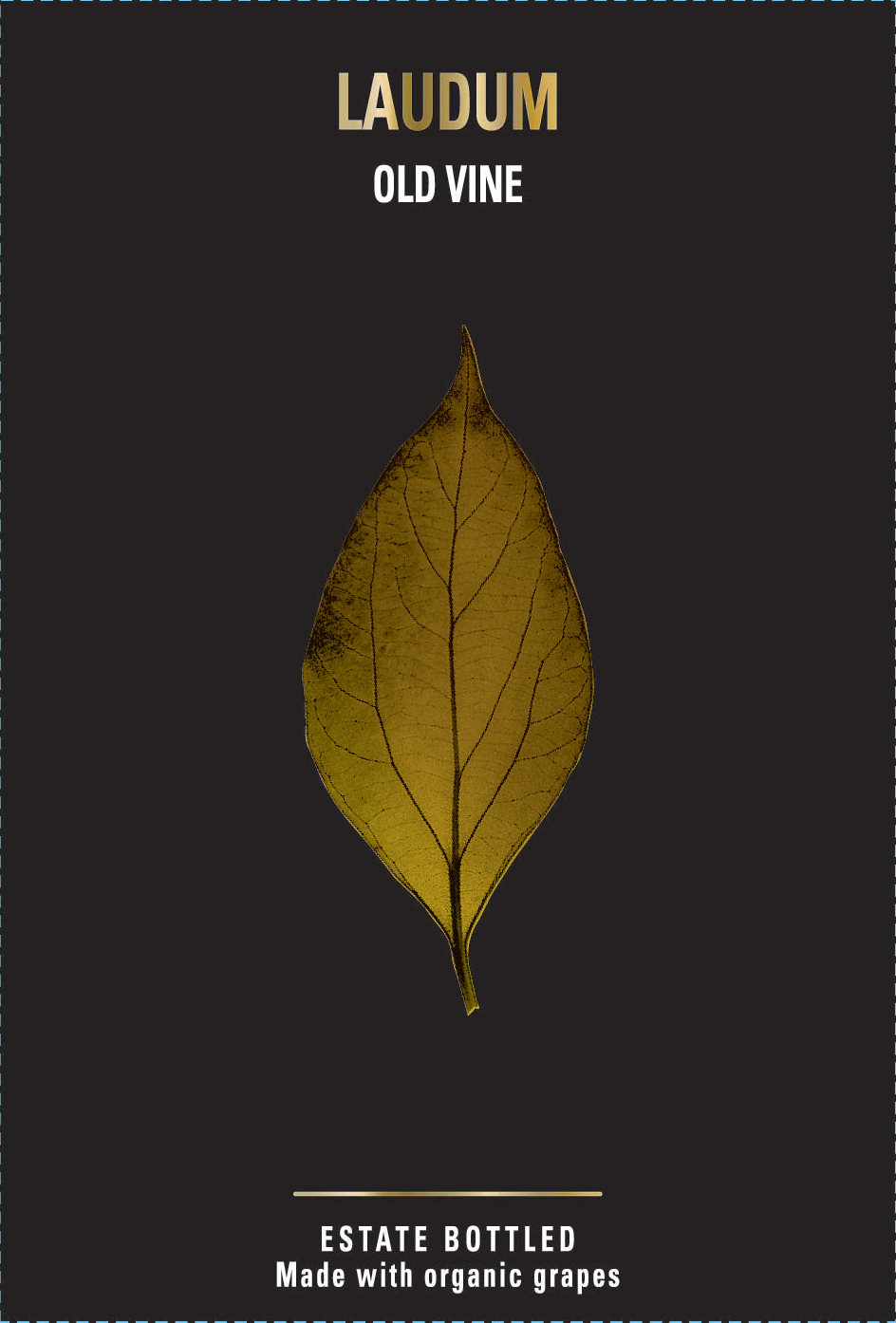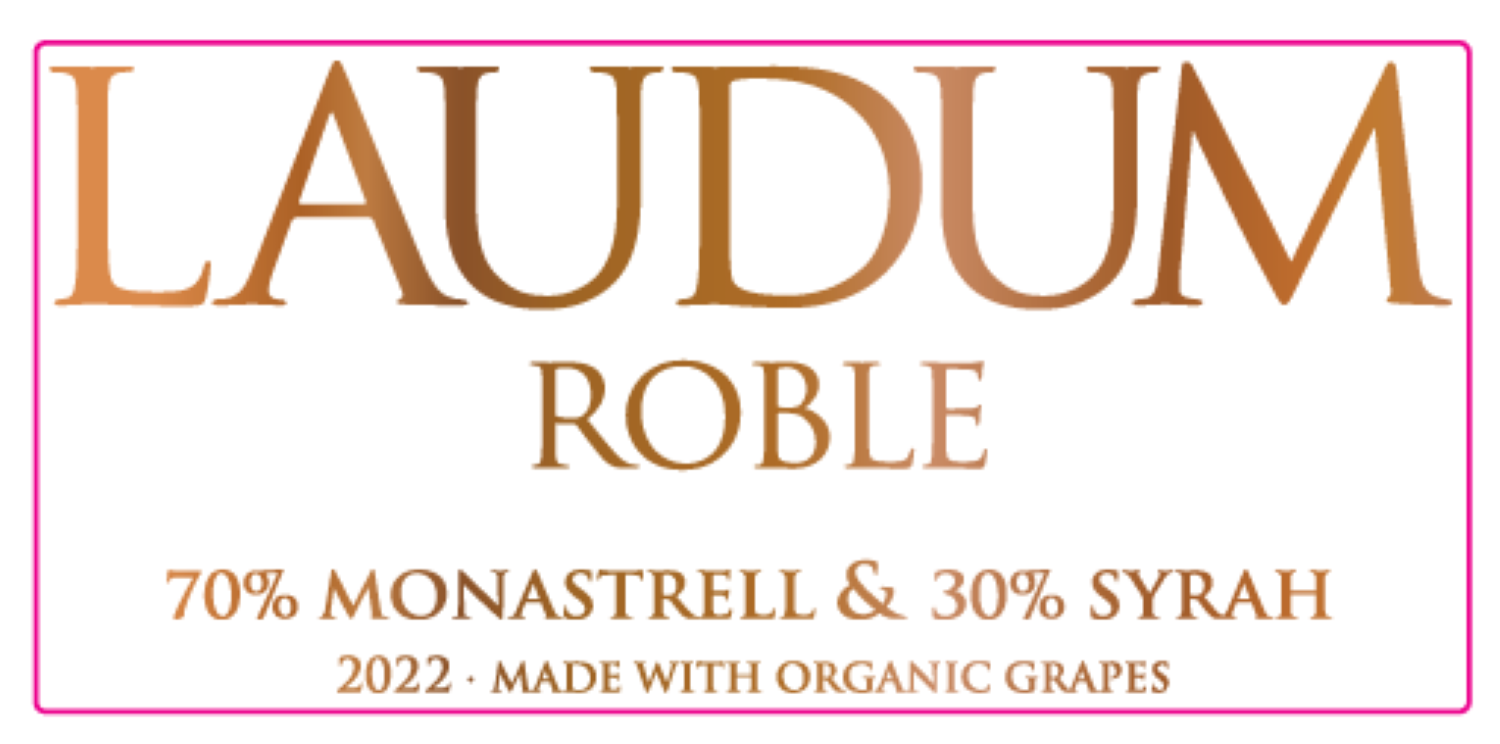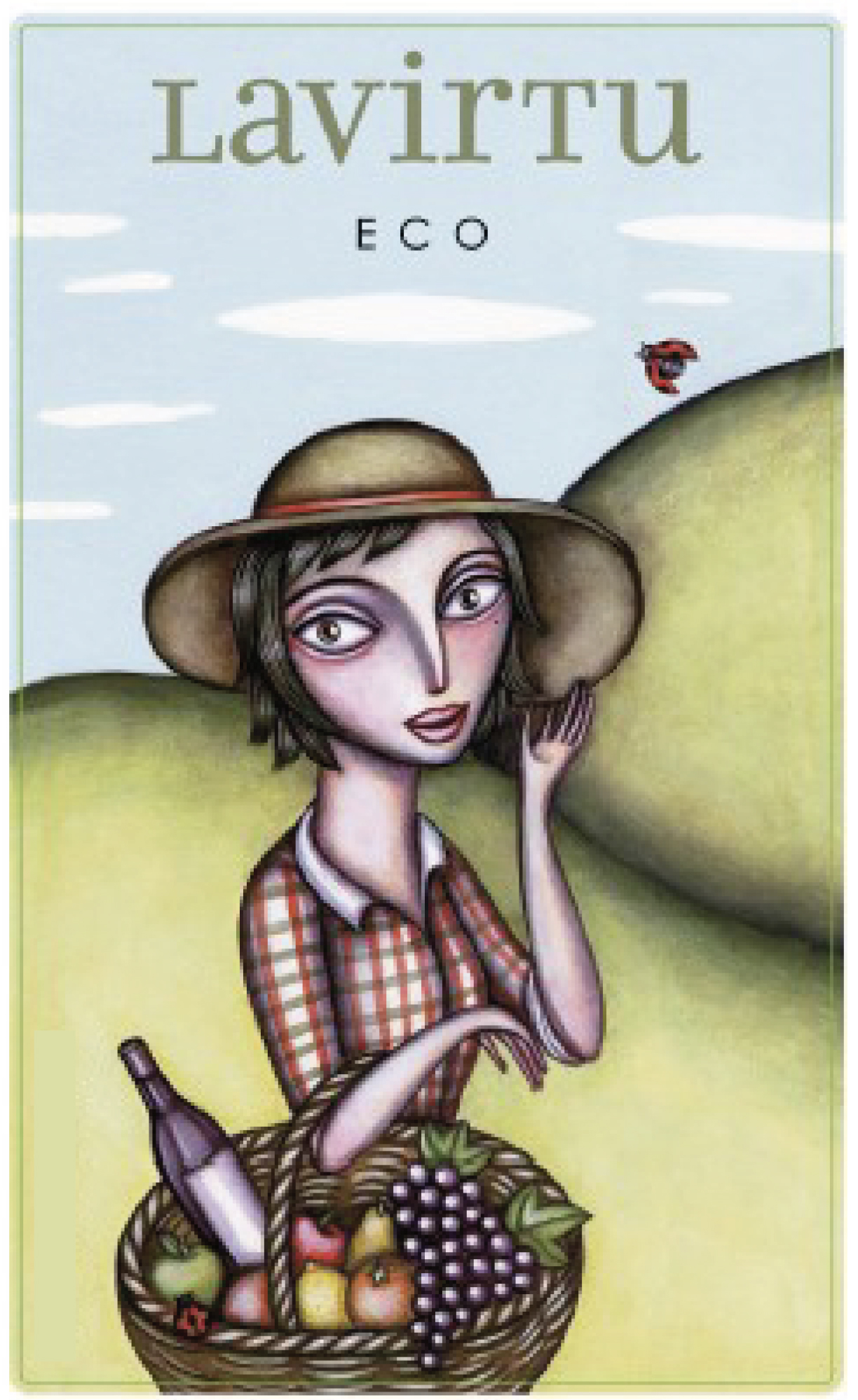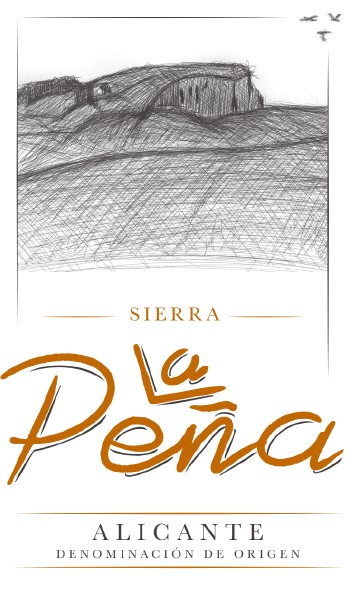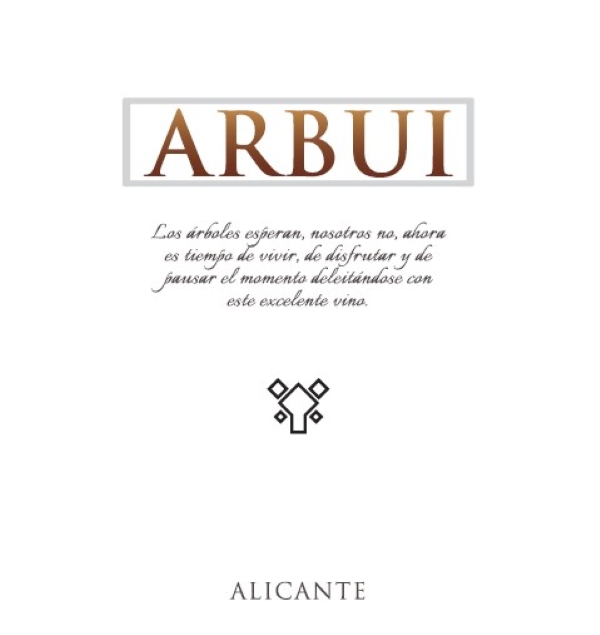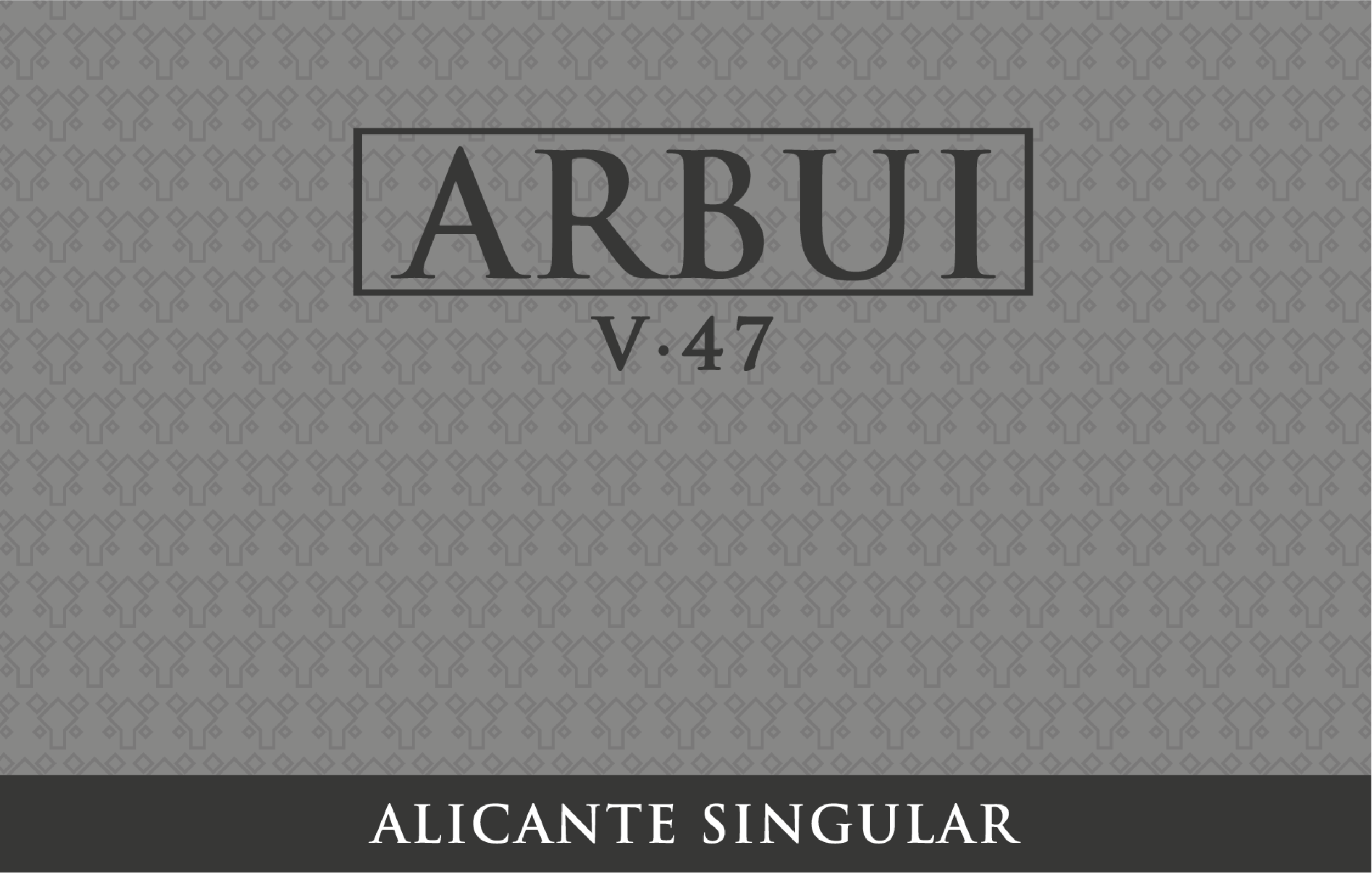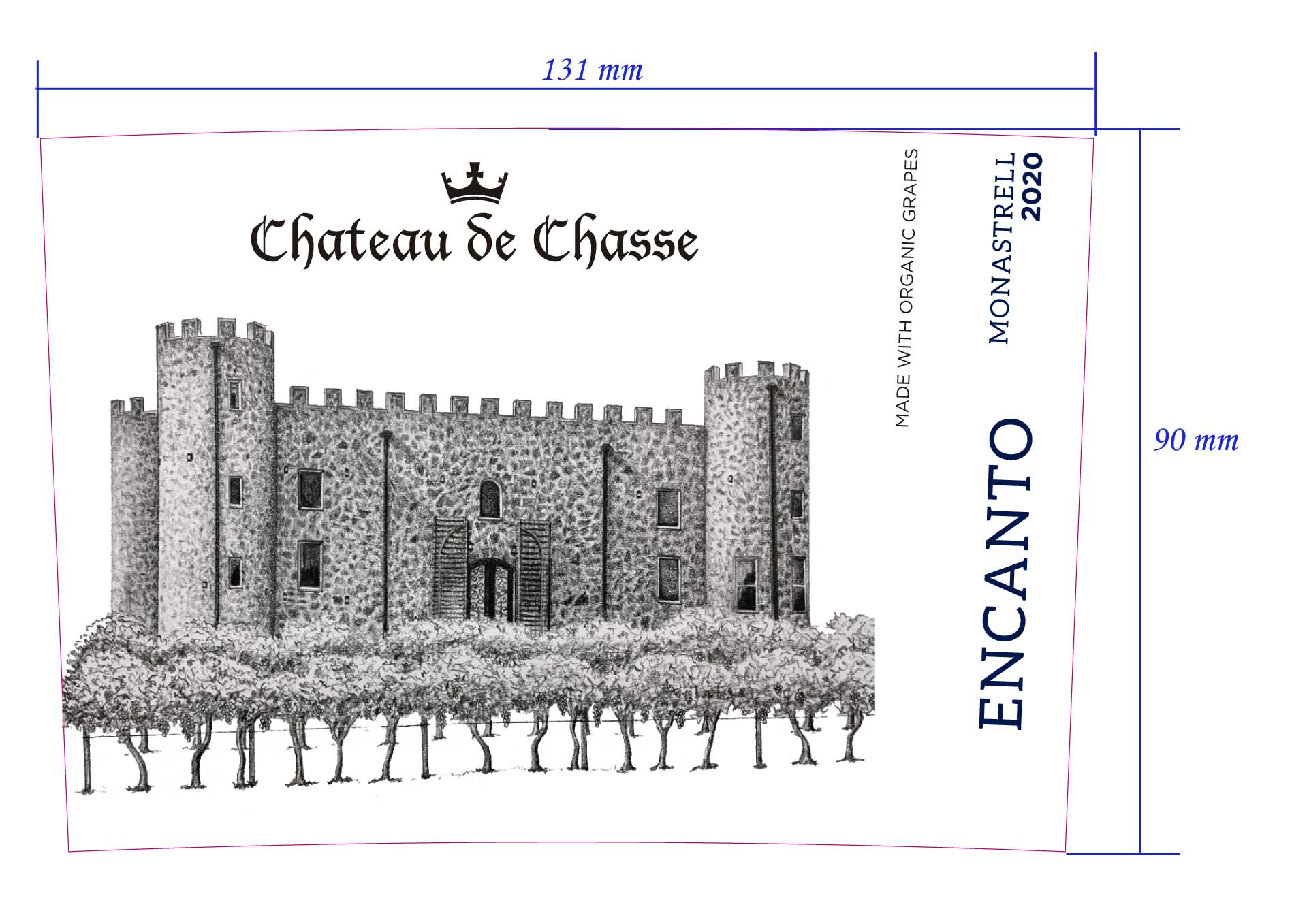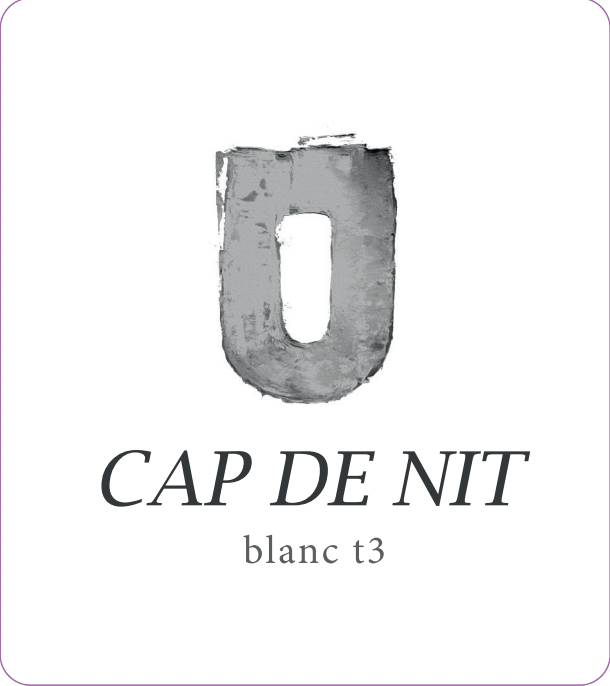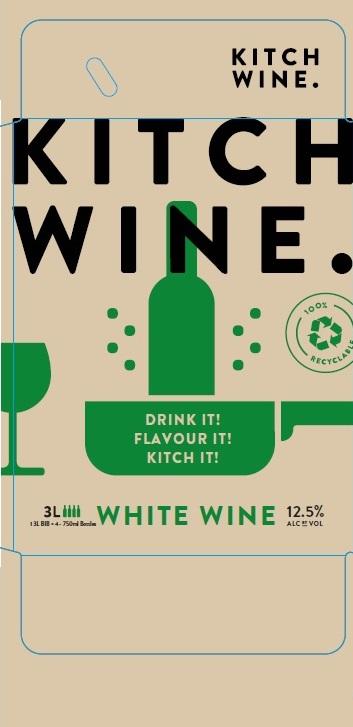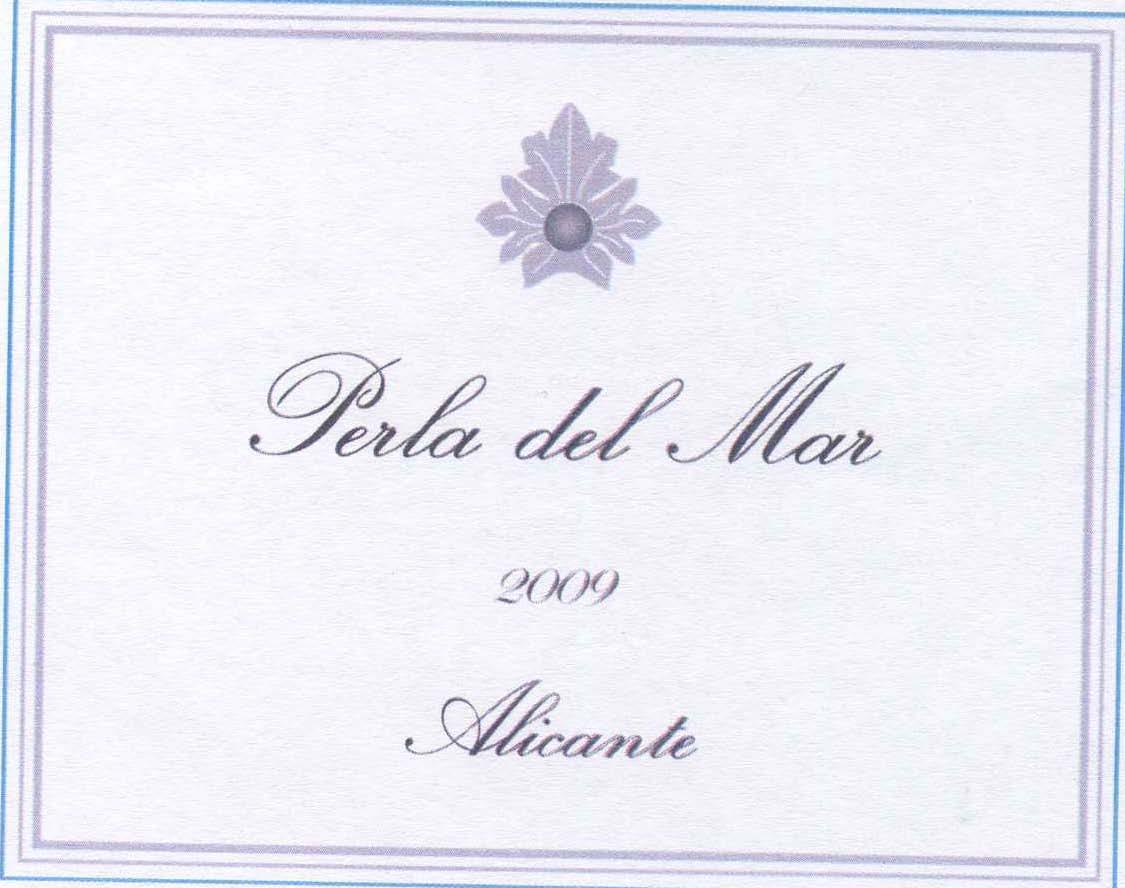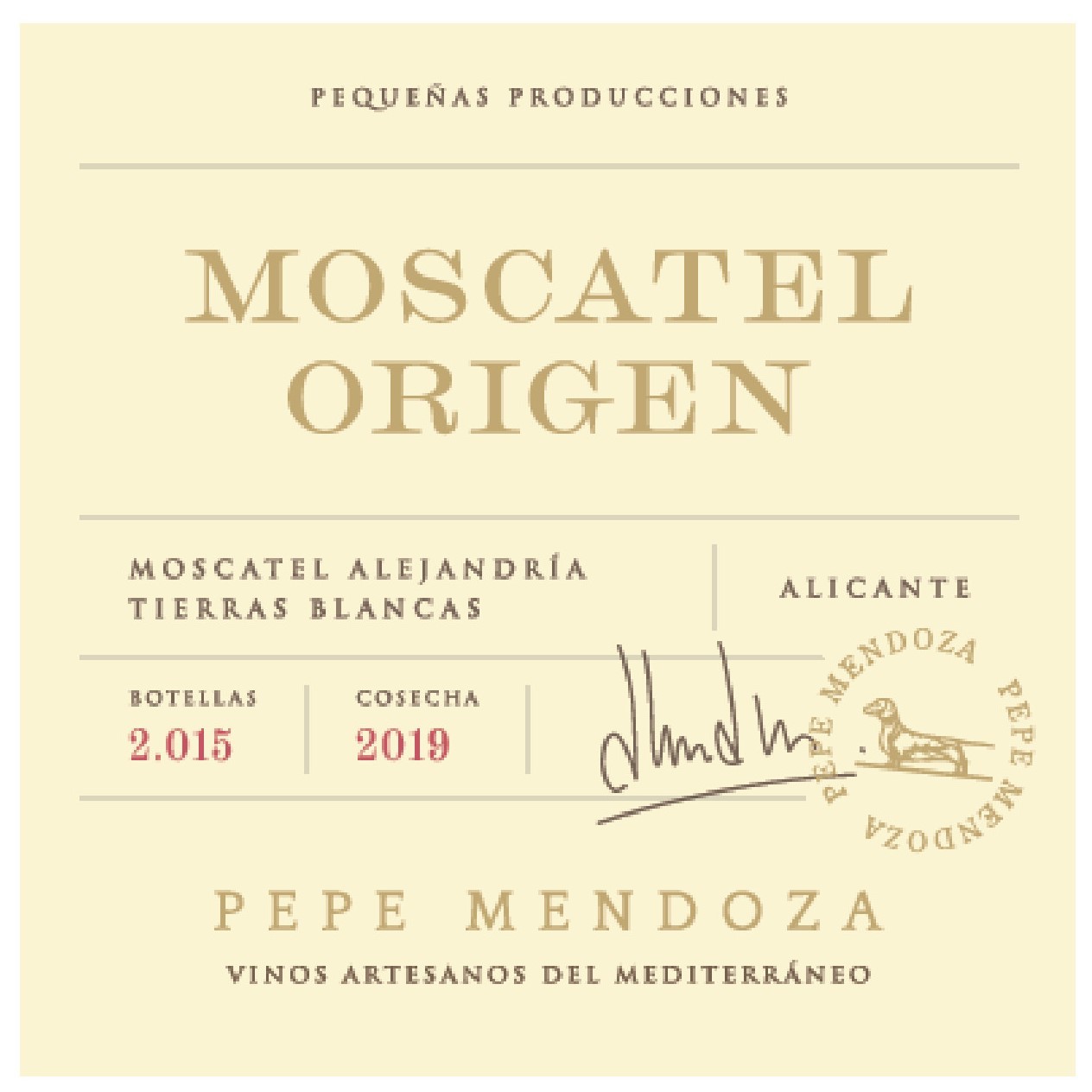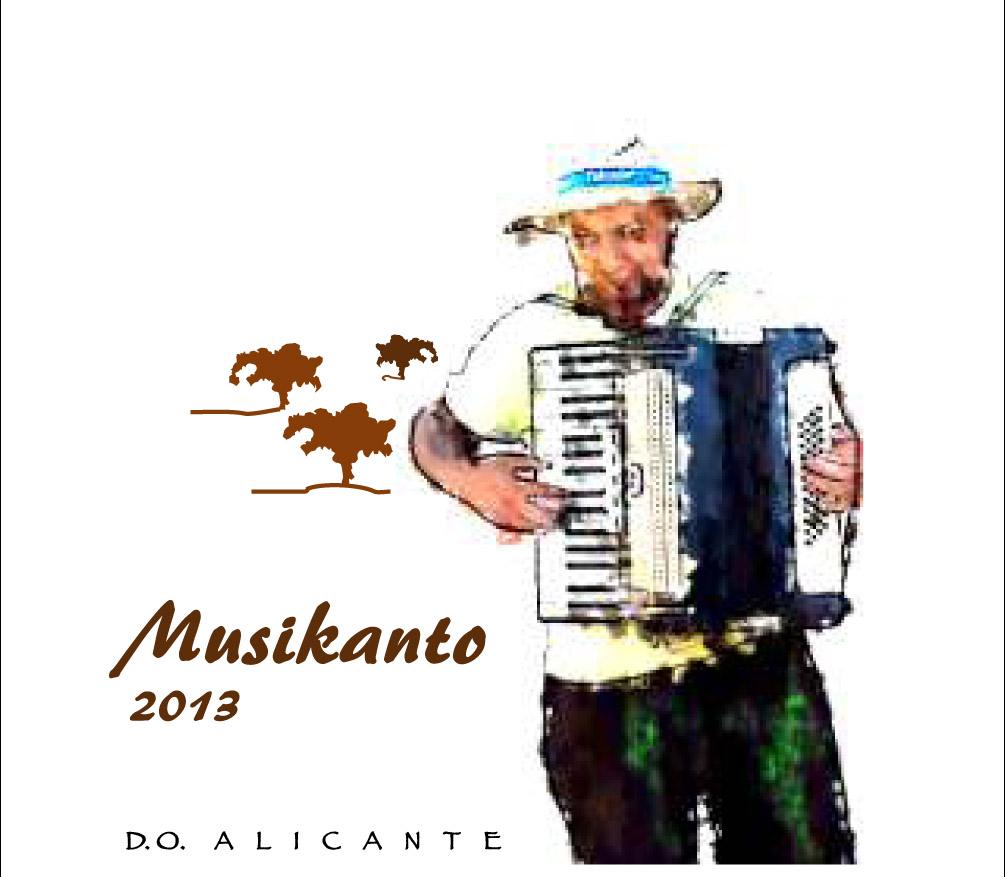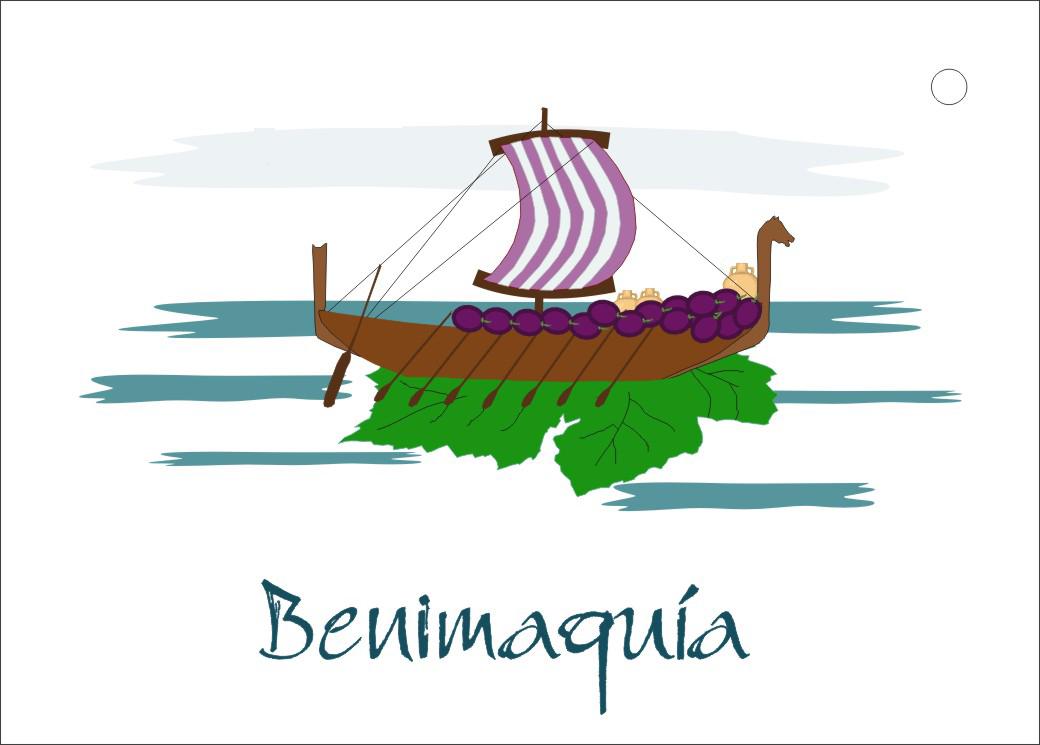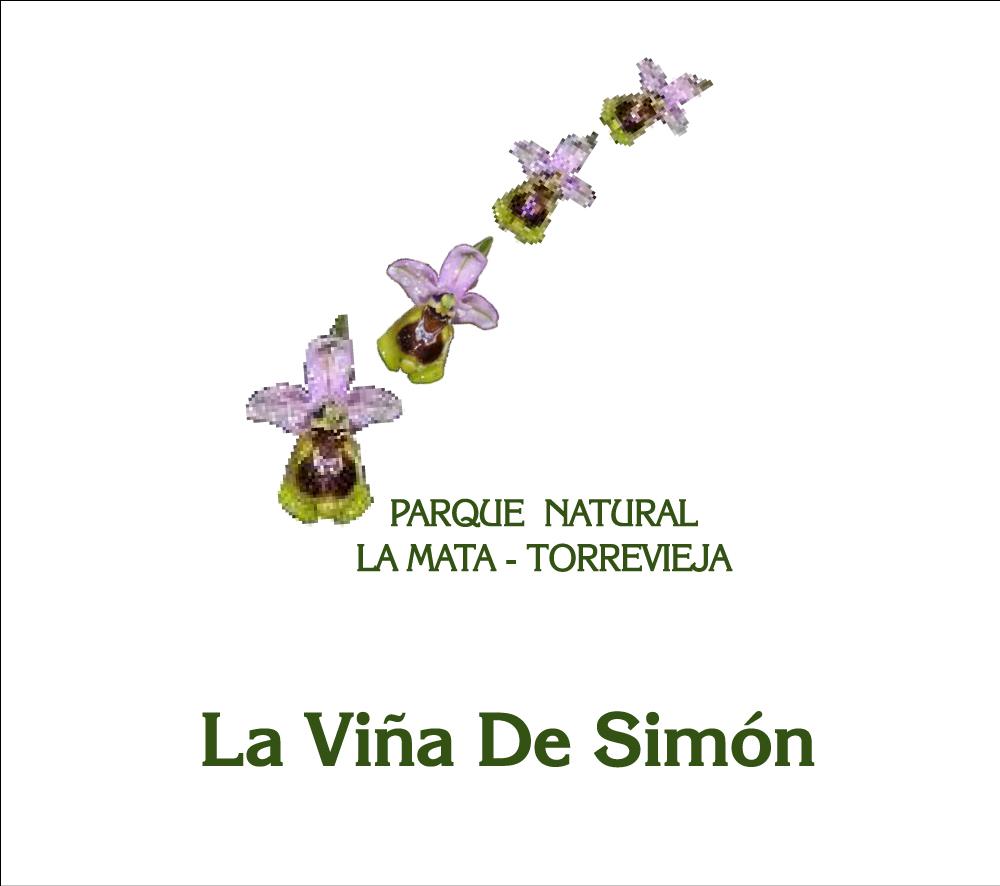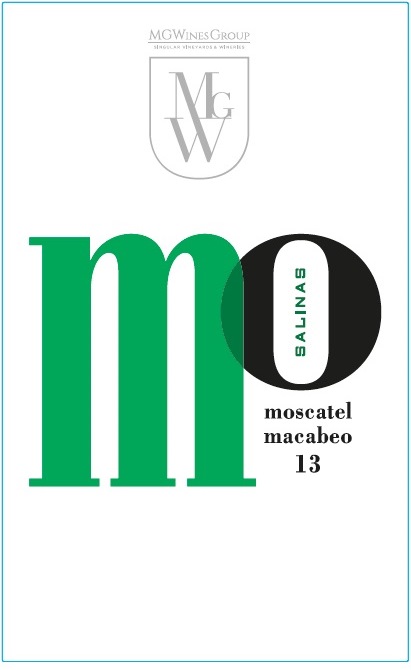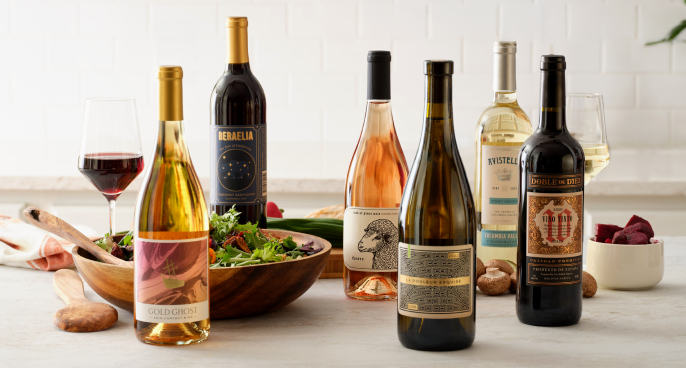Terroir of Alicante
Alicante's Mediterranean climate features hot, dry summers and mild winters, with about 2,800 hours of sunshine each year. Coastal breezes help keep temperatures moderate, which is crucial for grape ripening and maintaining acidity. Inland areas, especially those reaching 600 meters, experience temperature changes that boost freshness in the wines.
The region's diverse terroir includes calcareous and limestone marls at higher elevations, which produce structured, mineral-rich wines. Inland, clay-limestone and ferrous clays yield robust, earthy reds.
Near riverbeds and the coast, alluvial sands and gravels are ideal for fragrant whites and rosés. Coastal sands in La Marina enhance aromatic whites and pale rosés, benefiting from the sea's influence. This variety of soils and climates supports Alicante's wide range of wine styles, from bold Monastrell reds to vibrant whites and rosés, showcasing its historical depth and modern innovation.
Notable Wineries in Alicante
In the heart of Spain’s Alicante region, a tapestry of historic and innovative wineries unfolds. Here's a glimpse of some notable producers:
-
Cooperativa Las Virtudes (Villena): Among the area's oldest, they modernized their approach to elevate Monastrell wines and diversify their offerings.
-
Bodegas Bocopa (Villena): A key player in popularizing Alicante wines, they blend tradition with modern techniques, focusing on both local and international markets.
-
Bodega Sierra Salinas (Alto Vinalopó): Renowned for high-altitude vineyards, they craft wines that capture their unique terroir using Monastrell and Garnacha.
-
Bodegas Enrique Mendoza (Alfaz del Pi): A family-run estate known for refined Mediterranean blends and engaging wine experiences.
-
Bodegas Gutiérrez de la Vega: Celebrated for traditional methods, they produce deep reds and unique sweet wines honoring Alicante's heritage.
Sustainable Winemaking in Alicante
In the renowned Alicante wine region, sustainability is woven into the fabric of winemaking. Vineyard owners increasingly adopt organic and biodynamic practices, turning to composting and native yeasts while reducing synthetic inputs to safeguard the Mediterranean's delicate ecosystem.
Water conservation is vital due to the area's low rainfall. Innovative techniques like drip irrigation, mulching, and contouring are commonplace, with a focus on preserving old vines that flourish without additional water.
Energy efficiency and waste reduction are priorities, as more wineries install solar panels, improve insulation, and recycle materials. Protecting biodiversity is also key, with efforts to maintain heritage vines and support local flora and fauna. Social sustainability plays a role too, with wine tourism fostering jobs and promoting responsible appreciation of Alicante’s rich winemaking heritage.
Wine Tourism in Alicante
In Alicante, wine tourism offers a rich blend of history, culture, and breathtaking landscapes. The Ruta del Vino Alicante connects wineries with local culinary spots, creating immersive experiences with tastings of Moscatel and Monastrell.
Visitors can delve into winemaking history at museums in Monóvar and Villena, where restored cellars showcase traditional tools and practices.
Seasonal festivals celebrate the grape harvest with music and regional wines like Fondillón.
Scenic routes through Sierra de Mariola or along the Costa Blanca invite exploration by foot or bike, revealing vineyards nestled amid olive and almond groves.
Many wineries offer dining experiences with local dishes, and rural guesthouses provide authentic stays.
Wine tourism not only highlights Alicante's diverse terroir but also reinforces sustainable practices, supporting local communities and preserving the region's winemaking heritage.

